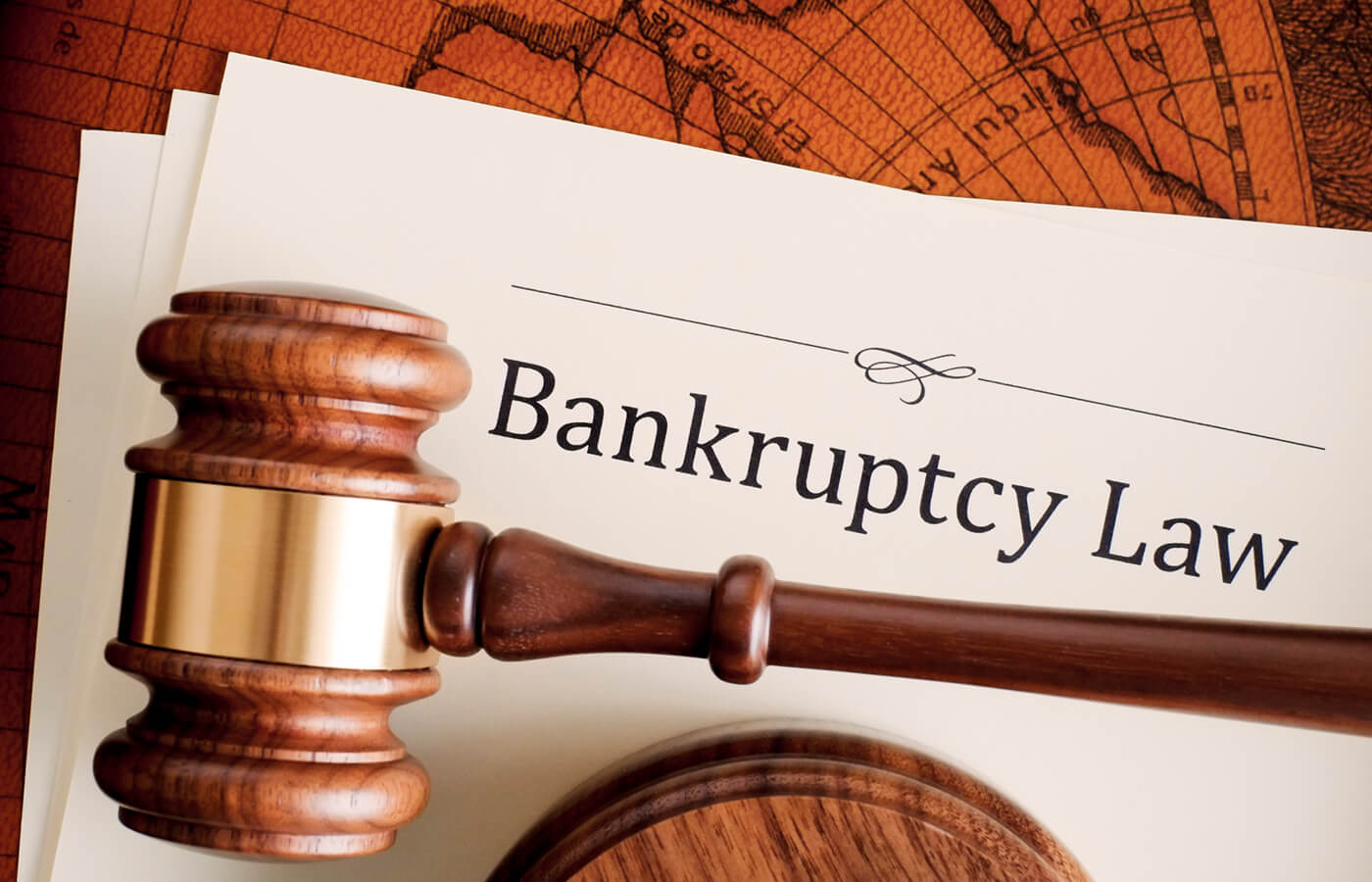Table of Contents
Introduction
When financial difficulties become overwhelming and debts seem insurmountable, Chapter 7 bankruptcy offers individuals and businesses a chance for a fresh financial start. In this article, we will explore Chapter 7 bankruptcy, its key features, the process involved, and the benefits and consequences associated with this form of bankruptcy.
Chapter 7 Bankruptcy Overview
Chapter 7 bankruptcy is a type of bankruptcy designed to provide individuals and businesses with a fresh financial start by discharging most of their unsecured debts. Unsecured debts are those that are not backed by collateral, such as credit card debt, medical bills, and personal loans. Chapter 7 is often referred to as “liquidation” bankruptcy because it involves the sale of non-exempt assets to pay off creditors, and any remaining qualifying debts are discharged.
Key Features of Chapter 7 Bankruptcy
- Liquidation of Assets: In a Chapter 7 bankruptcy, the bankruptcy trustee is responsible for liquidating non-exempt assets to repay creditors. Exempt assets, which vary by state, are protected from liquidation.
- Discharge of Unsecured Debts: Once the liquidation process is complete and any non-exempt assets are distributed to creditors, most remaining unsecured debts are discharged. This means the debtor is no longer legally obligated to pay those debts.
- Immediate Debt Relief: One of the main advantages of Chapter 7 bankruptcy is the swift relief it provides. As soon as the bankruptcy petition is filed, an automatic stay goes into effect, halting most creditor collection actions, including lawsuits, wage garnishments, and harassment.
- No Repayment Plan: Unlike Chapter 13 bankruptcy, Chapter 7 does not involve a repayment plan. Debtors do not make regular payments to creditors under Chapter 7, and there is no set time frame for debt discharge.
The Chapter 7 Bankruptcy Process
The Chapter 7 bankruptcy process typically involves the following steps:
- Pre-Filing Credit Counseling: Before filing for Chapter 7 bankruptcy, individuals must undergo credit counseling from an approved agency.
- Filing the Bankruptcy Petition: The debtor, often with the assistance of an attorney, files a bankruptcy petition, along with schedules listing their assets, debts, income, and expenses.
- Automatic Stay: Once the petition is filed, an automatic stay goes into effect, halting creditor collection efforts.
- Meeting of Creditors: Debtors must attend a meeting of creditors, during which the bankruptcy trustee and creditors may ask questions about the debtor’s financial situation.
- Asset Liquidation: The bankruptcy trustee identifies and liquidates any non-exempt assets, distributing the proceeds to creditors.
- Debt Discharge: Most unsecured debts are discharged upon successful completion of the bankruptcy process.
Benefits and Consequences of Chapter 7 Bankruptcy
Benefits of Chapter 7 Bankruptcy:
- Immediate Debt Relief: Chapter 7 provides a quick and effective means of eliminating unsecured debts.
- Fresh Start: Debtors can begin rebuilding their financial lives without the burden of most debts.
Consequences of Chapter 7 Bankruptcy:
- Impact on Credit: Chapter 7 bankruptcy remains on a debtor’s credit report for ten years, potentially impacting their ability to obtain credit.
- Loss of Non-Exempt Assets: Debtors may lose non-exempt assets in the liquidation process.
- Income Limits: Chapter 7 bankruptcy has income limits; individuals or businesses with high incomes may not qualify.
Conclusion
Chapter 7 bankruptcy offers individuals and businesses a fresh financial start by eliminating most https://www.nexusediciones.com/ debts. It provides immediate debt relief and an opportunity to regain financial stability. However, it comes with consequences, such as the potential loss of non-exempt assets and an impact on credit. Consulting with a qualified bankruptcy attorney is advisable when considering Chapter 7 bankruptcy to ensure a full understanding of the process, eligibility, and potential outcomes.




